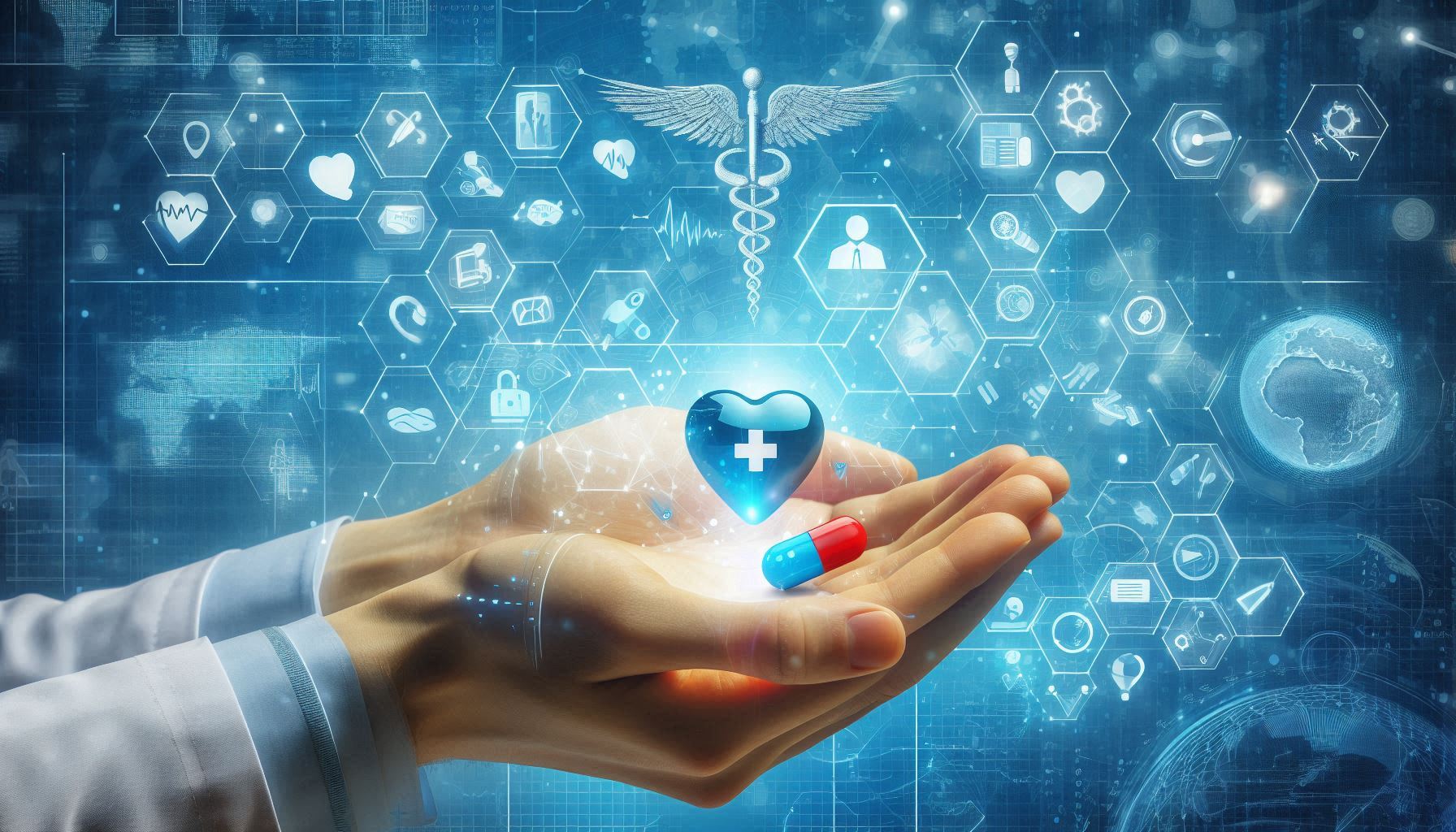Technology is revolutionizing healthcare, transforming how medical professionals diagnose, treat, and manage patient care. In 2025, advancements in AI, robotics, and telemedicine are reshaping the industry, improving outcomes and accessibility. Here’s how technology is making a significant impact on healthcare and what it means for the future of medicine.
1. Artificial Intelligence in Diagnostics
How It’s Changing Healthcare:
AI is enabling faster and more accurate diagnoses, reducing human error and improving patient outcomes.
Key Innovations:
- AI algorithms for early detection of diseases like cancer and diabetes
- Predictive analytics for identifying at-risk patients
- AI-powered radiology tools for interpreting imaging scans
Example Use Case:
Using AI to analyze X-rays and detect lung conditions within seconds, aiding doctors in making quicker decisions.
2. Telemedicine and Remote Care
How It’s Changing Healthcare:
Telemedicine is making healthcare accessible to patients regardless of location, especially in rural or underserved areas.
Key Innovations:
- Virtual consultations with healthcare providers
- Remote monitoring of chronic conditions using IoT devices
- AI chatbots for preliminary medical advice
Example Use Case:
A patient consulting with a doctor via video call and receiving prescriptions without visiting a clinic.
3. Wearable Technology
How It’s Changing Healthcare:
Wearable devices are empowering individuals to take control of their health by providing real-time data.
Key Innovations:
- Fitness trackers monitoring heart rate, steps, and sleep patterns
- Advanced wearables tracking glucose levels and blood pressure
- Smartwatches detecting irregular heart rhythms
Example Use Case:
A smartwatch alerting a user to seek medical attention due to signs of atrial fibrillation.
4. Robotics in Surgery
How It’s Changing Healthcare:
Robotics is enhancing precision in surgeries, reducing recovery times and improving outcomes.
Key Innovations:
- Robotic-assisted surgeries with tools like the Da Vinci Surgical System
- Autonomous robots disinfecting hospital rooms
- Micro-robots delivering targeted treatments
Example Use Case:
A robotic arm assisting surgeons in minimally invasive procedures, reducing the risk of complications.
5. Big Data and Predictive Analytics
How It’s Changing Healthcare:
Big data is helping healthcare providers make data-driven decisions to improve patient care.
Key Innovations:
- Aggregating patient data to identify trends and patterns
- Predictive models for hospital resource management
- Personalized treatment plans based on genetic data
Example Use Case:
Hospitals using predictive analytics to manage staffing needs during flu seasons.
6. 3D Printing in Medicine
How It’s Changing Healthcare:
3D printing is revolutionizing personalized medicine by creating custom medical devices and treatments.
Key Innovations:
- Printing prosthetics tailored to individual patients
- Bioprinting tissues and organs for transplants
- Custom surgical instruments for complex procedures
Example Use Case:
Creating a 3D-printed prosthetic limb that perfectly fits a patient’s anatomy.
7. Blockchain for Secure Medical Records
How It’s Changing Healthcare:
Blockchain is enhancing data security and transparency in healthcare, ensuring patient privacy.
Key Innovations:
- Decentralized medical record storage
- Secure sharing of patient data among providers
- Blockchain-based consent management systems
Example Use Case:
Patients securely sharing their medical history with specialists without risking data breaches.
8. Gene Editing and CRISPR
How It’s Changing Healthcare:
Gene editing technologies are offering new ways to treat genetic disorders and improve overall health outcomes.
Key Innovations:
- CRISPR-based therapies for rare diseases
- Gene editing to enhance immunity
- Research on preventing hereditary conditions
Example Use Case:
Using CRISPR to treat sickle cell anemia by editing faulty genes.
Conclusion
Technology is transforming healthcare in unprecedented ways, offering new tools to improve accessibility, precision, and outcomes. As innovations like AI, robotics, and telemedicine continue to advance, the future of medicine looks brighter than ever. Staying informed about these trends is crucial for both healthcare professionals and patients to fully benefit from these advancements.
Author: Vivek Sharma
For more insightful articles, visit Computer Academy.
The Impact of Technology on Healthcare in 2025
Table of Contents
Discover more from COMPUTER ACADEMY
Subscribe to get the latest posts sent to your email.
